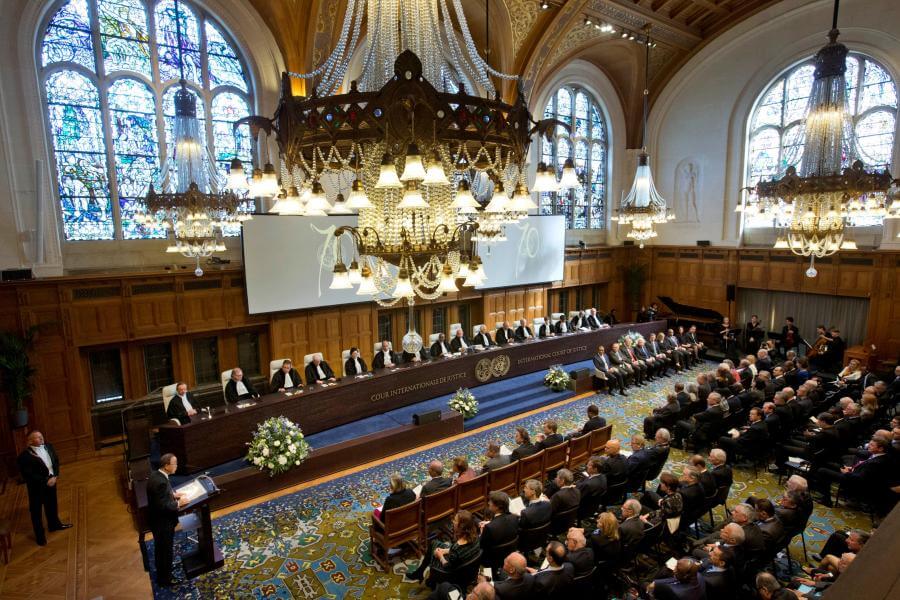On 27 June 2018, Qatar took the United Arab Emirates (UAE) to the International Court of Justice (ICJ) – the United Nations’ highest court – for its role in the blockade against Qatar which has extended for over a year. Qatar cited that the blockade was a form of discrimination against Qatari citizens, and the UAE was therefore in violation of the 1965 International Convention on the Elimination of all Forms of Racial Discrimination. Qatar brought the case solely against the UAE because it is the only country involved that is a signatory to this treaty.
The blockade was originally imposed on 5 June 2017 by Saudi Arabia, the UAE, Egypt and Bahrain – who felt Qatar was supporting terrorism. The countries severed ties with Qatar; placed a land, air and sea embargo on the country; and expelled Qatari citizens. Qatar continues to refute the allegations that it funds and supports terrorism, claiming the blockade was actually imposed because of its independent foreign policy approach.
The persistence of the blockade and the isolation from the other GCC countries has resulted in several forms of discrimination and human rights violations, which Qatar has drawn attention to during the court case against the UAE. Among these violations includes the UAE’s criminalization of statements that express sympathy with Qatar, which could result in a 15 year penalty. Qatar has also accused the UAE of denying proper access to medical care and education for Qatari individuals. The Qatari National Human Rights Committee has reported around 13,000 people have been affected by the blockade.
The UAE, however, has denied all allegations of discrimination and stressed that Qatar ‘must stop support for terror.’ The UAE Ambassador to the Netherlands, Saeed Al Nowais, has even called the allegations against the UAE ‘baseless’ and ‘without merit,’ while UAE lawyers have asked the ICJ to dismiss the discrimination suit.
Qatar has tried to make the best of its situation by using the isolation to boost economic incentives and build stronger relations outside of the Gulf, but overall the blockade has had negative implications for Qataris. Qatar hopes that bringing the UAE to court will result in provisional measures, including the UAE ceasing all forms of racial discrimination against Qatari individuals by suspending the expulsion of Qataris; condemning hate speech against Qataris; suspending the law criminalizing displays of sympathy towards Qatar; halting all measures resulting in the separation of families; and ensuring access to medical care, education, and work.
Antara Kshettry is an Advocacy Intern at ADHRB





